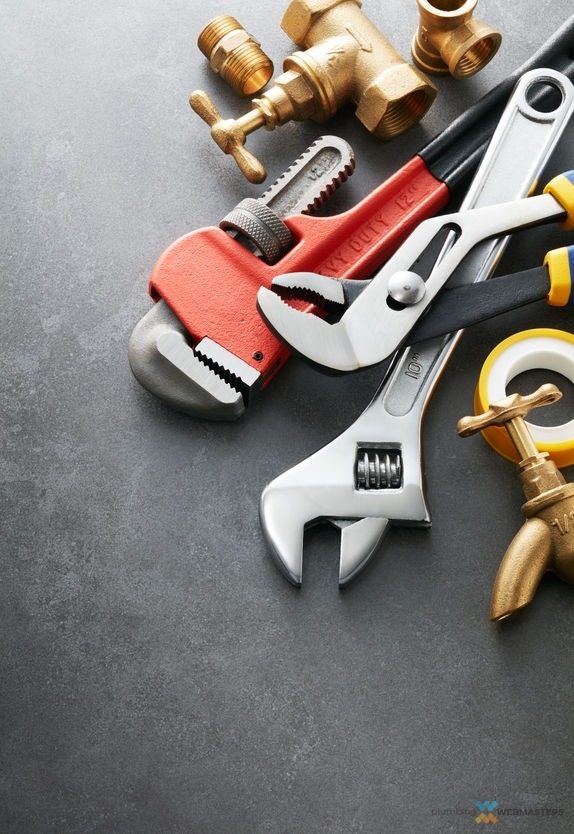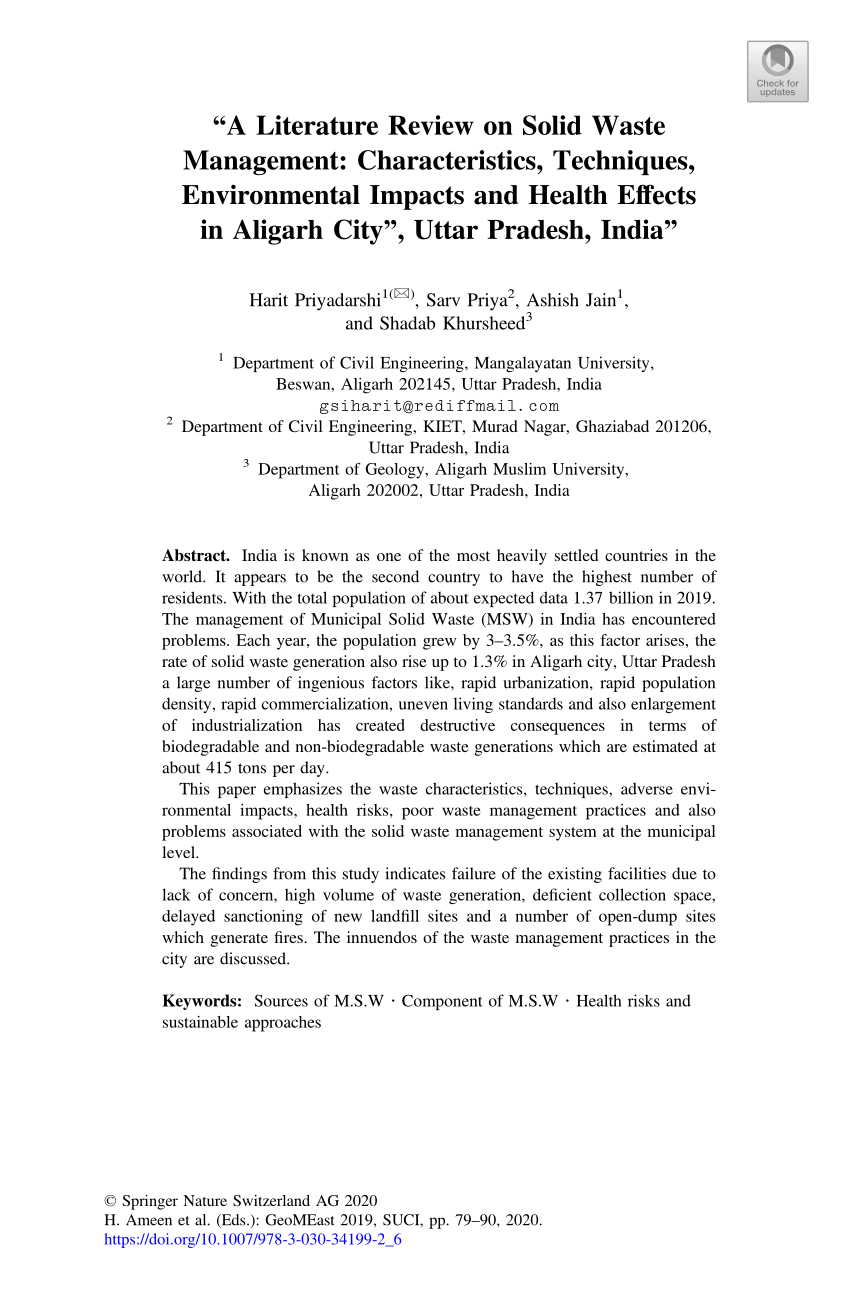A functional home relies heavily on its plumbing system, a complex network hidden behind walls and beneath floors. Plumbing ensures clean water delivery and waste removal, contributing significantly to the health and comfort of modern living.
The Role of a Professional Plumber
Behind every efficient plumbing system stands a skilled plumber. A plumber is more than just a person who fixes leaks; they are trained professionals who design, install, and maintain critical infrastructure.
Key Responsibilities
Among the essential tasks a plumber performs are:
- Installing and repairing pipes and fixtures.
- Ensuring compliance with building codes and safety standards.
- Conducting regular maintenance to prevent issues.
Plumbing Systems and Their Components
To appreciate the importance of plumbing, one must understand its core components. The system is divided into two primary categories:
Supply System
The supply system brings fresh water into the home. It includes:
- Water meters
- Pipes
- Valves
- Faucets
Drain-Waste-Vent (DWV) System
The DWV system removes wastewater and maintains air pressure to ensure smooth drainage. Key elements include:
- Drain pipes
- Traps
- Vent pipes
Technological Advancements in Plumbing
In recent years, the plumbing industry has seen remarkable advancements:
Read more about Plumber In Jefferson here.
Smart Plumbing
Smart plumbing fixtures, controlled via smartphones, enhance water usage efficiency and pinpoint leaks with precision.
Eco-Friendly Solutions
Eco-friendly technologies such as low-flow toilets and water-saving faucets help reduce water consumption dramatically.
Conclusion
The importance of plumbing cannot be understated. From ensuring hygienic living conditions to embracing new technologies, the expertise of a professional plumber is indispensable. By understanding and appreciating the intricate details of the plumbing system, homeowners can better maintain their homes and avoid unnecessary disruptions.


